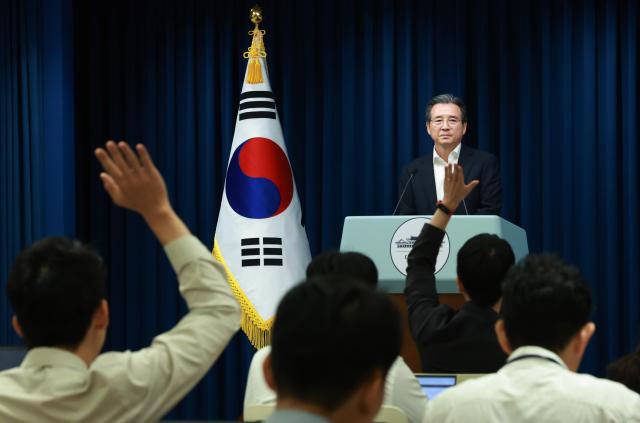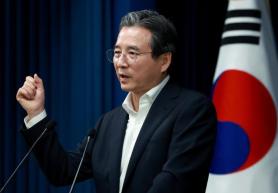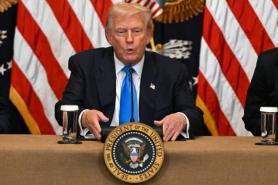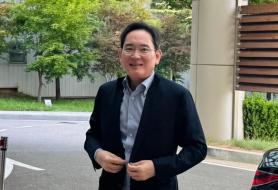
Kim Yong-beom, policy chief of the presidential office, told reporters that South Korea had faced "strong opening demands" from the U.S. regarding agricultural products but maintained its position on food security grounds.
"There were even heated exchanges between both sides regarding beef age restrictions and rice imports, but we continued our defense and there were no additional concessions in this area," Kim said.
South Korea has maintained a 30-month age limit on American beef imports since the 2008 bovine spongiform encephalopathy (BSE) crisis, commonly known as "mad cow disease." The restriction has remained a point of contention in bilateral trade relations for over a decade.
American beef exporters have intensified lobbying efforts to persuade South Korea to lift the 16-year-old cattle age restriction, with the Office of the U.S. Trade Representative identifying the beef age limit as one of several non-tariff barriers affecting trade between the two countries.
Local farmers had threatened collective action if the Korean government agreed to further liberalize the agricultural and livestock markets as bargaining chips in trade negotiations with the United States.
According to sources familiar with the negotiations, Seoul initially considered making such concessions but ultimately decided to exclude these items, establishing them as non-negotiable boundaries. Instead, Korea considered expanding market access for feed crops, including corn and other biofuel feedstocks used in bioethanol production.
The presidential office noted that appeals by the South Korean delegation to their U.S. counterparts may have contributed to the outcome. Korean negotiators emphasized to their American counterparts that South Korea was already a major importer of U.S. beef, with nearly 99.7 percent of its agricultural market open to American products.
As for U.S. President Donald Trump's social media references to agricultural market opening statements saying, "they will accept American product including Cars and Trucks, Agriculture," Kim explained them to be "political expressions" and not reflected in ministerial-level negotiations.
Despite Trump's previous remarks that were interpreted as attempts to link trade negotiations with security issues, defense cost-sharing arrangements were not included in the negotiation.
Speculations say that specific defense burden-sharing matters may be discussed during a summit between President Lee Jae Myung and President Trump, which is expected to be arranged within two weeks through diplomatic channels.
Copyright ⓒ Aju Press All rights reserved.




